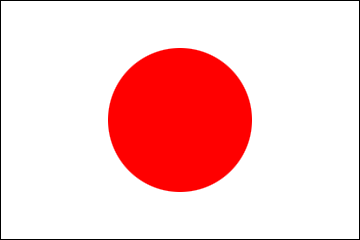By theme - Science and technology
2024/2/21
Scientific and technological innovation are essential to supporting national security and economic growth, and development for a better life and social welfare for all. Such innovation is indeed indispensable not only at the national level but also in solving global challenges toward the achievement of the SDGs. Japan is therefore drawing on its capabilities in the fields of science and technology to strengthen its diplomatic activities bilaterally and multilaterally.
Geneva and its surroundings are home to the European Council for Nuclear Research (CERN), the core research institute for high-energy elementary particle research in Europe, whose activities Japan is actively involved in. In addition, several important meetings that consider the latest trends in science and technology are held in the city. For example, the United Nations Commission on Science and Technology for Development (CSTD) discusses how to best engage in international cooperation for sustainable development, and the Group on Earth Observation (GEO), an intergovernmental partnership, works to develop information systems necessary for deciding on policies to respond to climate change and disasters. Our mission works closely with these organizations, among others, to promote Japan’s science and technology diplomacy.
‣Science and technology (MOFA)
https://www.mofa.go.jp/policy/s_tech/index.html
・Appointment of Dr. KOTANI Motoko (Japan), Executive Vice President for Research, Professor and Principal Investigator, Advanced Institute for Materials Research & Mathematics Institute, Tohoku University, Japan, and Vice President, International Science Council, as a Member of the “United Nations 10-Member Group” (February 21, 2024)
‣European Organization for Nuclear Research (CERN)
‣Commission on Science and Tecnoilogy for Development (CSTD)
‣Group on Earth Observations (GEO)
Geneva and its surroundings are home to the European Council for Nuclear Research (CERN), the core research institute for high-energy elementary particle research in Europe, whose activities Japan is actively involved in. In addition, several important meetings that consider the latest trends in science and technology are held in the city. For example, the United Nations Commission on Science and Technology for Development (CSTD) discusses how to best engage in international cooperation for sustainable development, and the Group on Earth Observation (GEO), an intergovernmental partnership, works to develop information systems necessary for deciding on policies to respond to climate change and disasters. Our mission works closely with these organizations, among others, to promote Japan’s science and technology diplomacy.
Foreign Policy
‣Science and technology (MOFA)
https://www.mofa.go.jp/policy/s_tech/index.html
Topics
・Appointment of Dr. KOTANI Motoko (Japan), Executive Vice President for Research, Professor and Principal Investigator, Advanced Institute for Materials Research & Mathematics Institute, Tohoku University, Japan, and Vice President, International Science Council, as a Member of the “United Nations 10-Member Group” (February 21, 2024)
Links
‣European Organization for Nuclear Research (CERN)
‣Commission on Science and Tecnoilogy for Development (CSTD)
‣Group on Earth Observations (GEO)
